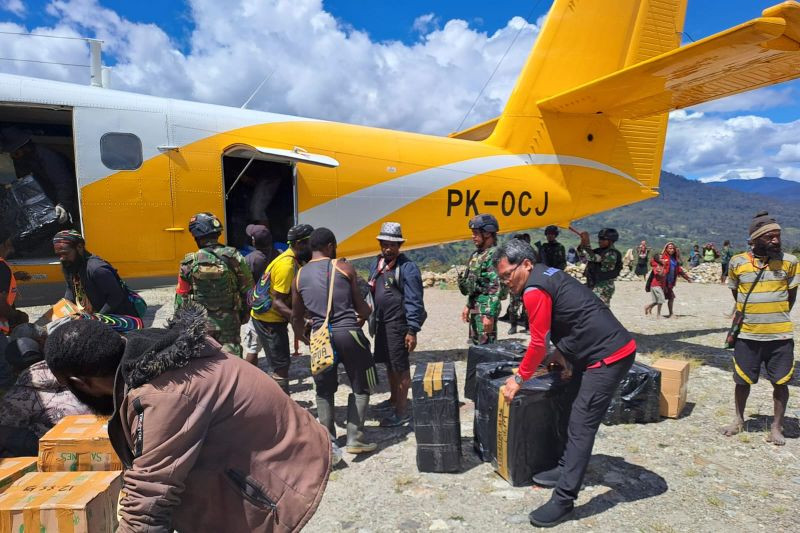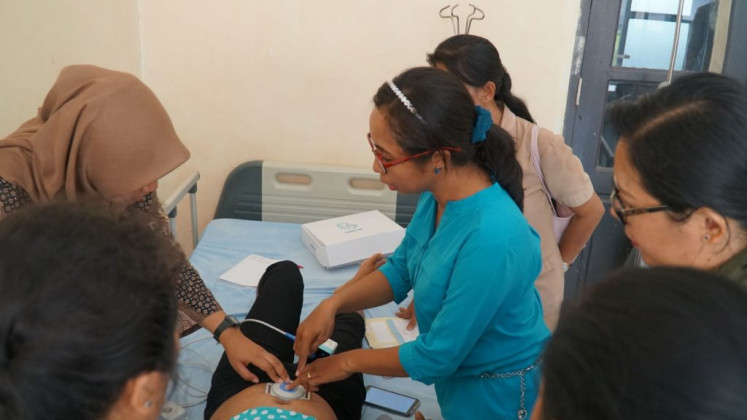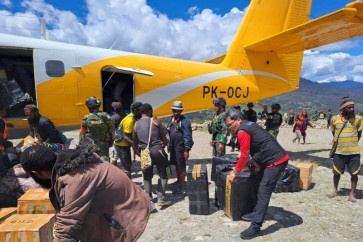Popular Reads
Top Results
Can't find what you're looking for?
View all search resultsPopular Reads
Top Results
Can't find what you're looking for?
View all search resultsFocus on physical infrastructure: Why development in Papua lags
Papua’s economic structure and sectoral growth have primarily benefited migrants, leaving native Papuans behind.
Change text size
Gift Premium Articles
to Anyone
T
he administration of Papua was transferred from the Netherlands to Indonesia in 1963, and the Act of Free Choice in 1969 solidified this. Numerous development policies and affirmative programs have since been introduced in the region, including the implementation of a special autonomy status in 2001 and the establishment of new autonomous regions in 2022.
However, Papua remains one of the least developed regions of Indonesia, and systematic state-to civilian violence continues to occur one, aggravating the long-standing distrust of the Papuan people in the government.
Statistics Indonesia (BPS) data from 2023 shows that despite some improvements, the poverty rate in Papua and West Papua remains high at about 26.03 percent and 20.49 percent, respectively, much higher than the national average of 9.36 percent. In 2022, moreover, the Human Development Index (HDI) of Papua and West Papua was 61.39 and 65.89, respectively, much lower than the country’s average of 72.91.
Meanwhile, the Collective Violence Early Warning (CVEW) Dataset from Centre for Strategic and International Studies (CSIS) in 2023 reported that Papua and West Papua, along with Maluku, were the provinces with the most common and severe violence in 2022, about four to five times the national average.
These facts raise a question about the effectiveness of development in Papua. Why does it fail to significantly improve the welfare of the Papuan people and stop the conflict and violence in the region?
A 2023 CSIS study on the development-conflict nexus conducted in the Mimika and Jayawijaya regencies found that Papua’s development has faltered because of the focus being primarily on “development in Papua” rather than “development of Papua”. It primarily emphasizes the physical infrastructure without adequately addressing the region’s institutional, sociocultural and security problems.
Several underlying factors have led to failed development in Papua. First, a heavy reliance on mining and the government sector has crowded out the growth of trade sectors. The increase in revenue-sharing funds from natural resources coupled with Papua’s special autonomy funds has significantly boosted the Papua government’s fiscal capacity, stimulating rapid growth in construction, trade, transportation and other services sectors, but the regions lags in manufacturing and the agricultural sector.



















